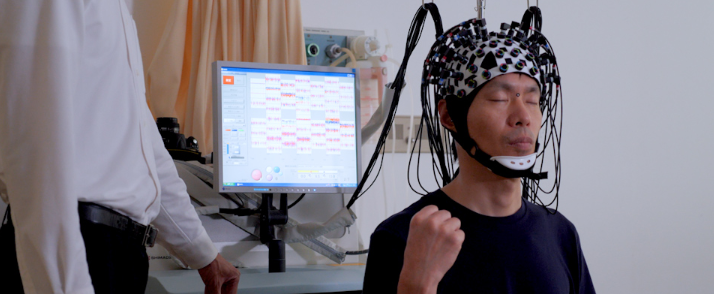Patients undergoing video-assisted thoracoscopic lobectomy (VATL) often experience chronic postsurgical pain (CPSP). Postoperative pain can affect the recovery of postoperative lung function, prolong postoperative recovery time, and increase patient hospitalization expenses. Transcutaneous electrical acupoint stimulation (TEAS) is an alternative therapy based on acupuncture that has shown promise in postoperative recovery and pain management across various medical fields. However, research specifically focused on the improvement of CPSP after VATL is currently lacking. The purpose of this study is to evaluate whether TEAS can effectively reduce the severity and occurrence of chronic postsurgical pain in patients undergoing VATL. By investigating the potential benefits of TEAS in mitigating CPSP after VATL, this study aims to provide valuable clinical evidence to support the integration of TEAS into postoperative care protocols for patients undergoing VATL.
This study is a prospective, single-center, double-blinded, randomized controlled trial to be conducted at the 920th Hospital of Joint Logistics Support Force. Eighty patients undergoing VATL will be randomly divided into an experimental group (TEAS group) and a control group (sham group). The experimental group will receive TEAS at bilateral PC6, LI4, LR3, LU5, TE5, and LI11. The control group will not receive TEAS at the same acupoints. Both groups will receive TEAS or no TEAS before anesthesia induction and 1-7 days after surgery, with each session lasting 30 min.
The primary outcome will be the incidence of CPSP at 3 months after surgery. Secondary outcomes will include the incidence of CPSP at 6 months after surgery, the numerical rating scale (NRS) scores at 3 and 6 months after surgery, as well as the NRS scores at 24, 48, and 72 h after surgery, remifentanil consumption during general anesthesia, demand for rescue analgesics, number and duration of indwelling chest tubes, incidence of postoperative nausea and vomiting, and changes of norepinephrine (NE), cortisol (Cor), tumor necrosis factor (TNF- α), and interleukin 6 (IL-6) in serum.
ChiCTR2300069458. Registered on March 16, 2023.
© 2024. The Author(s).












Create Post
Twitter/X Preview
Logout